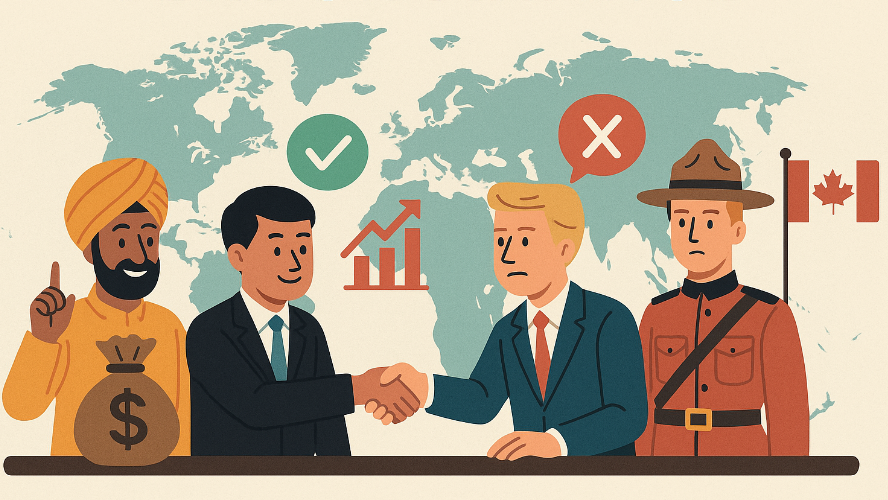Let’s do a deal

Independent Contributor
Following on from last weeks article on Vendor Finance, let’s have a look at the intricacies, culture and risks involved in executing a good deal.
Coming from a family who regularly did deals with low equity/security and now involved across NZ/Australia corporate agriculture and transactions I’ve just about seen it all when it comes to land and business deals, from buying a herd of cows to negotiating with Indian, Chinese and Canadian investors and observing various debt funding scenarios and risk appetites.
Being a dairy farmer, I know the good farmers aren’t the best cow managers but are generally the best people managers and communicators with good EQ (Emotional Intelligence). EQ and patience the key traits in successful negotiations. I’m an introvert with reasonable EQ and pretty easy going so recognise I’m better to partner with harder nosed business people, I’m also an INFP in the Myers Briggs personality test which means I’m a ‘mediator’, which has led to this reasonably unbiased view on vendor/purchaser and business culture.
I love they way Indians deal, it’s like they all grew up in a Delhi market and their starting offer is always about 50% of asking price, they listen to the emotion and fake pain in the response and decide what increments to come up in, generally 10%, as the fake vendor pain subsides, they then say they are having trouble at the bank and query vendor finance or ‘staged’ deals where they ‘definitely have the money now’ but there are issues releasing equity and would like to stage the deal over 2-3 years….and settle for 1. Above all they do this very politely.
The Chinese will look at 50 opportunities to find one, many companies have the government as a shareholder. They can be explicitly black and white sticking to their final offer to the bitter end, then all of a sudden make a snap decision to accept 10% less or jump 10% more to get the deal done. They feel no need to be polite.
North Americans…..well hello Uncle Donald…..we think we are the best, WE ARE! OK let them think they are, massage those egos. How the hell do USA and Canadian pension funds have so much money? I have the impression a Canadian Mounty must retire on full pay the amount of money they invest in Australia/NZ agriculture, and they have timed it perfectly buying through the 2013-2019 period and watching asset values double and sometimes triple. They make 50+ year investments where our shortsighted AUS/NZ superfunds look for the quick 3yr buck.
That’s a very brief ‘tongue in cheek’ look at our major trading partners but what about us ‘low balling kiwis’ and ‘descended from convicts Aussies’?
I don’t know what it is with us kiwis, but it fascinates me that we don’t take any notice of a valuation and lowball everything (Irish decent? 😊), Australian corporates aren’t shy on this either but they generally back it up with a dad died and left me the farm and I have to pay my siblings out valuation.
Actually, lets expand on that…..and not just insult the Irish kiwis, perhaps a Dutch or Scottish attitude as well. Valuers do a good job, and I think are always a good investment to understand the current market. Interestingly although kiwis don’t take any notice of them, they have the best valuers, and cannot be influenced on their final number, on the other hand ‘some’ Australian Val’s can be, a huge difference in moral fibre in a very competitive valuer market.
The differences between vendors and purchaser either side of ditch are quite subtle, you could walk up most kiwi farm driveways and offer to buy the farm and they would generally be quite flattered, head out to tightly held Western Victoria and the ‘old money’ slightly blue blood owner might call the cops.
As opposed to their kiwi low balling mates, the Australian can go to extreme lengths to secure the neighbour’s property, competing with a near neighbour often to 50% above the market value.
With regard to overseas buyers, NZ basically shut the doors in 2017 to dairy and livestock investors, the new government said they welcomed investment and takes 6 months to process an application! Australia can turn them around in 2 months and is genuinely welcoming. Hence very different markets culturally to negotiate….the arguments for and against foreign investment another constant since before Christ.
Next time some risk and deal stories in ‘Let’s do a deal….2’.
